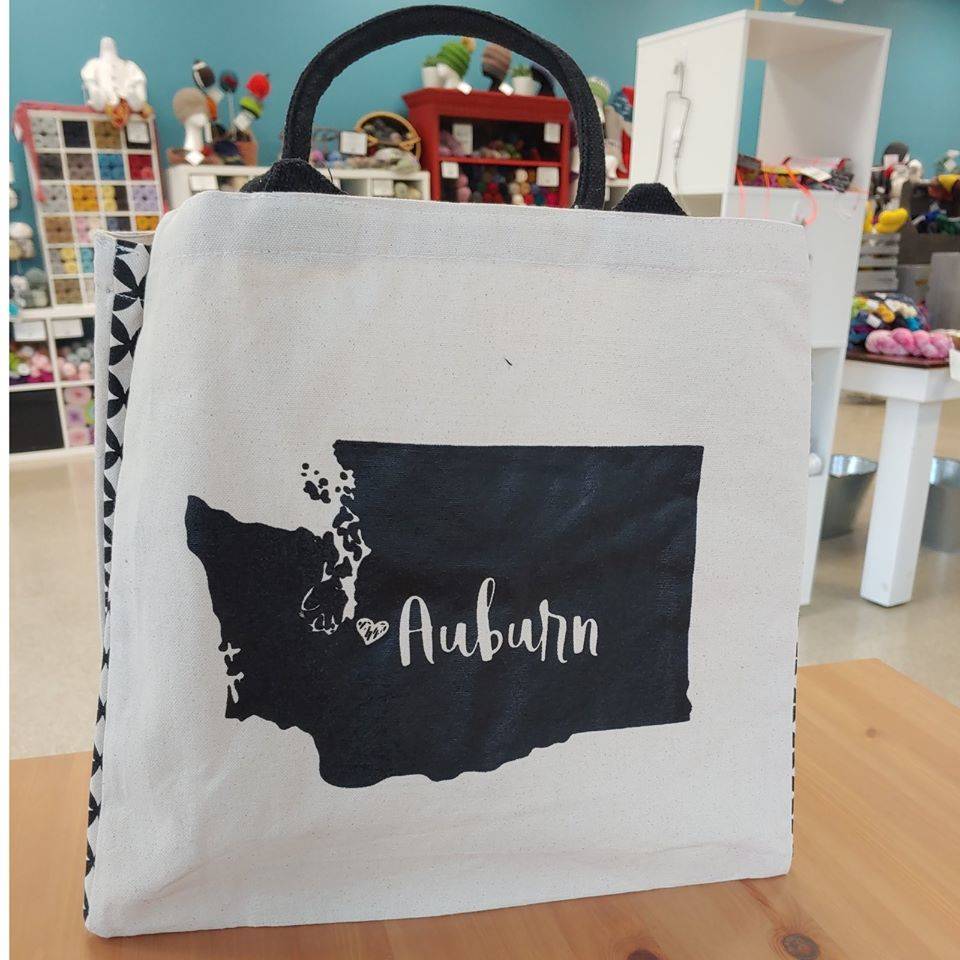You see an empty store front, an empty warehouse.
A COVID-19 closure, you wonder? Maybe, maybe not.
Fact is, it’s hard to pin down the precise number of small Auburn businesses that have fallen to the pandemic and the many government restrictions.
“You’ve got to be careful when you look at those numbers,” cautioned Doug Lein, economic development manager for the city of Auburn.
Lein’s been looking at those numbers a lot lately.
And listening to the reasons for closing, of which there are probably as many as there are businesses out there: graying proprietor; prohibitively high rent; opportunity beckoning in another city … and COVID-19.
What Lein’s research tells him is that it is likely that only seven or so businesses in the city have folded to date because of the pandemic.
Which floors him.
“The optimism, the fortitude, the positive outlook, even with everything that’s gone on, these small businesses are amazing,” Lein said. “They absolutely have figured out how to stay alive, how to keep it moving, how to capture a dollar in their industry. And they have absolutely no problem telling us what they need to be successful.”
Here’s how Lein reached this conclusion.
Step one was to look at how many of the yearly business licenses the city has issued, how many business owners have turned theirs in and how many have not.
In early January, the city counted 5,100 businesses with active licenses. As of this month, 35 out of that sum had inactive business licenses.
He then looked at each case individually to determine which may or may not have been COVID casualties, Lein said, which takes time, shoe leather and a good ear.
Because among those 35 was the 74-year old sole proprietor of a machine-shop, who for many years had supplied a part for Boeing. Now, the man told Lien, his lease was up for renewal, he no longer needed the job, and he was content to take his Social Security and retire.
Among them were others who were cash-strapped because of the pandemic and were simply late renewing their business licenses.
Business decisions like those have nothing to do with COVID-19, but nevertheless showed up in the raw numbers as negative or inactive licenses, Lein said.
Lein has also learned a great deal from the city’s small business grant program, which uses CARES Act money from the federal government to help small businesses with $1,300 loans.
“The city council is amazing in that they gave us the $760,000 to use for grants and PPE equipment, when some of that money could just as easily have gone to cover city stuff, and it went to the businesses,” Lein said.
To qualify, a business has to have 1o or fewer employees, can not be a home-based business, has to prove the business has been hit by COVID, and has to have an active business license.
That list filtered out to 454 qualifying businesses, based on the information that the businesses gave the city and the proprietary data on their business licenses.
In the last seven to eight weeks, however, the city turned up another 20 to 25 businesses that should have made that list, but because their state business license had been flagged differently than what they really were, they were filtered out. Lein said the city has been fixing those mistakes as they come to light.
“I have personally been into 350 of those businesses to make sure they had an application, and we could get them the money if they wanted it. I’ve kept track of those that, when I get there, the business is gone, and why, and I only came up with 11 [possible pandemic casualties],” Lein said.
Of those 11, Lein said, one had bought a building in another city because he couldn’t find what he wanted in Auburn.
Another business owner, having found that his building in Auburn was too small for his needs, built anew on property near Enumclaw. He had a buyer for his Auburn building, another business moved in, so there was no loss of a business. And yet, Lein said, “he showed up as being gone.”
Among those nine remaining businesses Lein deduces were lost to the COVID shutdown were: a small Taco shop in north Auburn; some machine shops; an auto detail shop; a business or two that had just opened and lacked documentation that would have qualified them for a business loan; and a cart at the Outlet Collection Mall.
“We’ve tried our best to be reactive to what’s going on, like the sidewalk seating, the short-term, food-pickup loading zones, the small business grant program, the list goes on,” Lein said.


